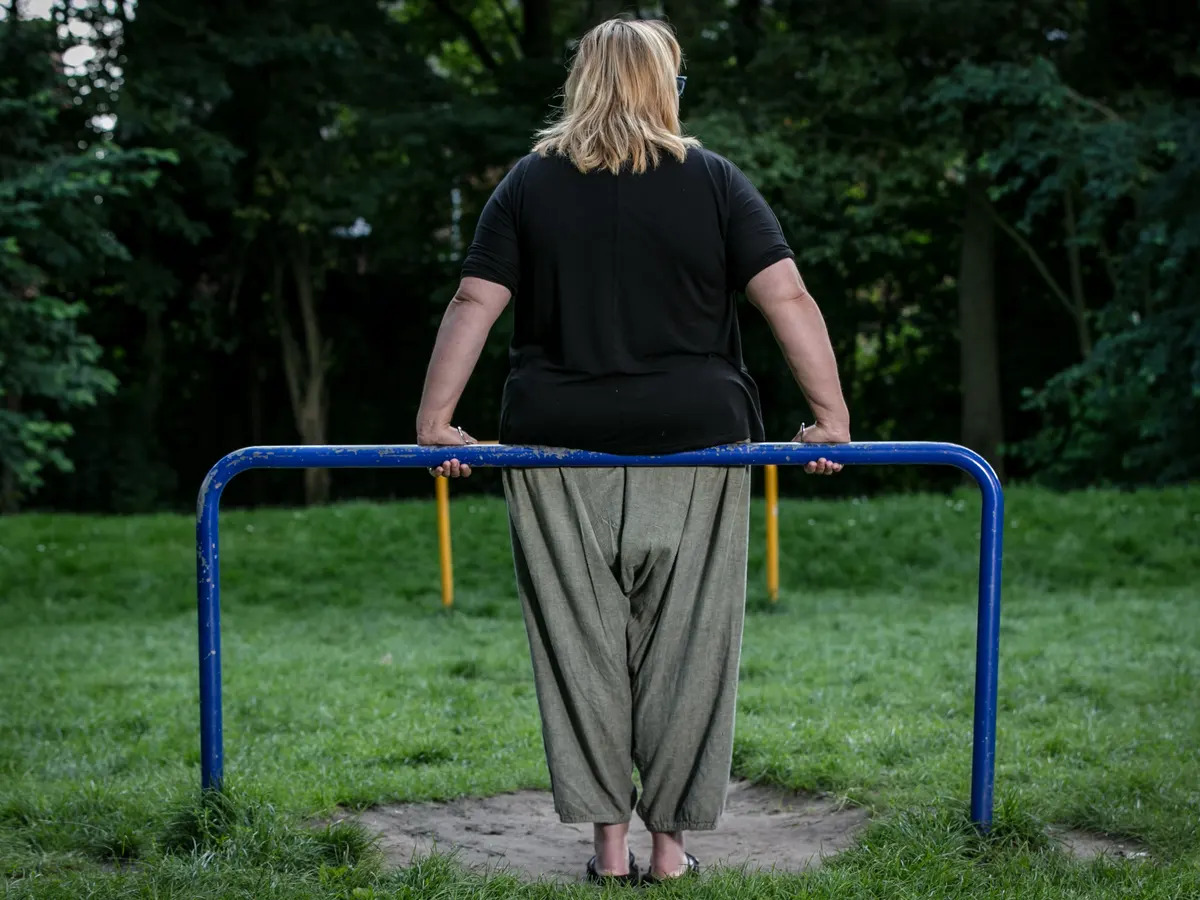

If it's socially unacceptable to talk down on a woman for being overweight then it should equally be frowned upon to talk down on a man for being broke.
The issue of social acceptability and double standards in society is complex and can vary across cultures and contexts. While it is important to promote fairness and equality, it is also essential to consider the underlying factors and historical context that contribute to different societal expectations and reactions.
1. Historical context: Historically, women have faced significant societal pressure to conform to certain beauty standards, including being slim or having an ideal body shape. This pressure has led to body shaming and discrimination against women who do not fit these standards. This has resulted in movements promoting body positivity and challenging societal norms that shame women for their weight. On the other hand, societal expectations for men have often focused on financial success and providing for their families. This difference in expectations has contributed to the contrasting reactions towards weight and financial status.
2. Body image vs. financial status: Body image is often considered a personal attribute, while financial status is seen as a reflection of one's success or capability. Body image is not entirely within an individual's control, as it can be influenced by various genetic, environmental, and psychological factors. Financial status, on the other hand, can be perceived as a result of personal choices, education, skills, or economic opportunities. Consequently, society tends to hold individuals more accountable for their financial status compared to their body weight.
3. Stigma and discrimination: Although there may be less societal pressure on men regarding their physical appearance, it does not mean that men do not face stigma or discrimination for being overweight. However, the consequences and prevalence of such discrimination may differ. For example, studies have shown that women face more employment discrimination due to their weight compared to men. This difference in impact is partly due to the historical emphasis on women's appearance and the objectification of their bodies.
4. Changing attitudes: Society's attitudes towards body image and financial status are evolving. There is a growing movement to challenge traditional gender roles and expectations, advocating for equality in all aspects. This includes promoting body positivity for all genders and recognizing that financial success does not solely define an individual's worth. However, changing deeply ingrained societal attitudes takes time and requires continuous effort from individuals, communities, and institutions.
In conclusion, while it is important to address double standards and promote fairness, it is essential to understand the historical context and societal expectations that contribute to different reactions towards weight and financial status. Recognizing the complexity of these issues helps foster a more inclusive and equitable society.
Related Posts
© 2025 Invastor. All Rights Reserved

User Comments
Anna Ambriz
2 years ago
I think the essence of this idea is about empathy and fairness. We should strive to understand that everyone is dealing with their own challenges, whether visible or not. Instead of judging, it's more constructive to offer support and understanding.
Charles Johnson
2 years ago
That's a valid point, @Eliana. However, it's important to remember that we shouldn't make assumptions about someone's circumstances. Sometimes, people face financial struggles due to factors beyond their control, just like someone's weight might be influenced by genetics or health issues.
Eliana Aparecido
2 years ago
I see what you're getting at, but isn't being overweight something people can't always control, while being broke could be seen as a result of poor financial decisions?
Jiro Lee
2 years ago
I think the comparison here is about challenging societal biases and stereotypes. Just like it's wrong to judge someone based on their physical appearance, it's equally wrong to judge someone based on their financial situation. Both actions stem from prejudiced thinking and can have a significant impact on an individual's self-esteem and mental well-being.
Kolson Castillo
2 years ago
That's an interesting perspective. I definitely agree that body shaming is hurtful and unfair. But I'm curious about the comparison between that and talking down on a man for being broke. Are they really on the same level?